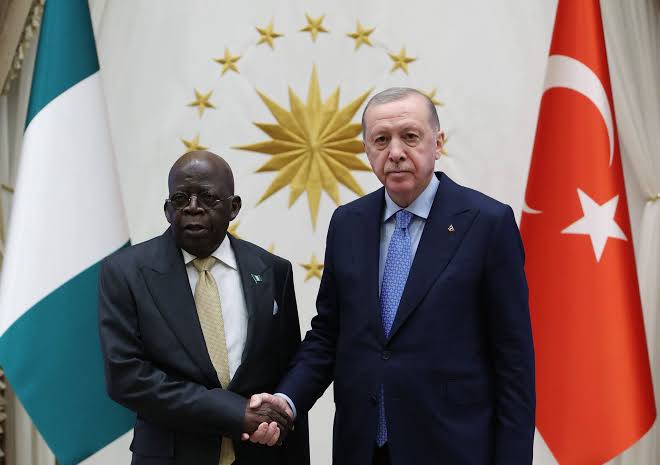Jumia Technologies, Africa’s leading e-commerce platform, reported a challenging third quarter for the period ending September 30, 2024, with an operating loss of $20.1 million.
The company, which has been operating for 12 years, disclosed the results in its financial report released on Thursday.
The e-commerce giant attributed the loss to persistent macroeconomic pressures, which have continued to dampen consumer demand and increase operating costs across its markets.
Jumia also noted that the current quarter’s performance marked a slight decline compared to the $18.3 million operating loss recorded in the same period last year (Q3 2023).
Despite the tough market conditions, Jumia remains focused on its long-term strategy for growth and sustainability in the region.
Despite a 13% year-over-year decline in revenue to $36.4 million, Jumia demonstrated resilience in constant currency, achieving a 9% increase in revenue and a 29% growth in gross merchandise volume compared to last year.
The company reported an adjusted EBITDA loss of $17 million, marking a 15% increase from the $14.8 million loss recorded in the same quarter in 2023.
To strengthen its financial position, Jumia continued to implement strategic measures, including raising an additional $71.8 million through an at-the-market offering in August.
This boost brought Jumia’s liquidity to $164.6m, underscoring its focus on navigating economic headwinds while stabilizing its finances.
Speaking, the Chief Executive Officer, Francis Dufay, stated, “In the third quarter, we continued to strengthen the underlying fundamentals of the business.
“We saw growth in both quarterly active customers, up 1 per cent year-over-year, and orders, up 4 per cent over the prior year, as we continue to focus on diversifying our supply and strengthening the Jumia value proposition.
“We are encouraged to see continued resilience in our usage and business fundamentals despite the significant first quarter currency depreciation headwinds in Nigeria and Egypt that continue to impact reported GMV and topline revenue.”
The CEO noted the company took several major operational steps in the quarter, including improvements to our logistics network and the consolidation of our warehouse footprint to enable greater efficiencies and increase supply capacity.
While these changes negatively impacted operations and expenses in the third quarter, he stated that the company believes that these efforts position us well to scale and drive profitable growth as we expand our footprint beyond the major cities (“upcountry”).
“We also recently decided to cease operations in South Africa and Tunisia in order to better allocate our resources to markets with stronger growth potential.
“While these updates will have a near-term impact on our operations and financial performance, we believe that our efforts position the business well to scale on our path to profitability.”









